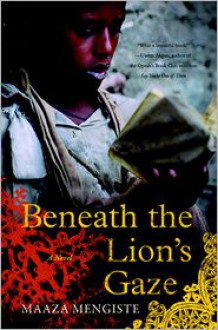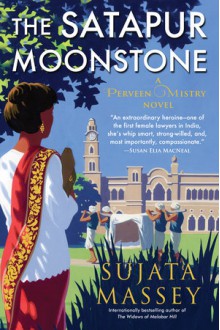
"The Farm at the Edge of the World" is the second Sarah Vaughan novel I've had the pleasure of reading. It is a generational story spanning a little more than 70 years - from the earliest days of the Second World War to the summer of 2015 - that faithfully evokes the essence and spirit of an era fast receding into history, as well as a tangible look and feel of contemporary Cornwall.
The novel begins with the evacuation of a brother and sister - Will, 13 and his younger sister, Alice, 9 - from London to Cornwall in Southwest England shortly after Britain had declared war on Germany in September 1939. Many families with young children in London, fearful of being bombed by the Luftwaffe, entered into a government plan which relocated children from the urban areas of the country judged likely to be subjected to bombing to the countryside. Children were considered to be in places of greater safety in the countryside. So it was that Will and Alice Cooke were put in the care of the Retallick family, who owned and lived on a granite farm (Skylark) near the Cornish cliffs.
As I said, this novel is a story that spans the generations. And thus, the reader is provided in alternating chapters, views of the life Will and Alice had with the Retallicks at Skylark through most of the war to Skylark some 7 decades later. In the latter period (i.e. the summer of 2014), Maggie - who had befriended Will and struck up what began as a close friendship with him -- is nearing her 90th birthday. Her granddaughter Lucy, a nurse by training, has left London, where she lived with her husband Matt, to return to Cornwall to help her family from losing Skylark. She had lived many years in London, but in light of her father's death, feels the need to reconnect with her family. The author skillfully brings to life the struggles and divisions within the family in light of Skylark's troubles. This is wonderfully contrasted with life there during the war, which brought Will and Maggie Retallick closer together as both neared adulthood-- before Fate cruelly separated them.
The more I read this novel, the more the story grew within my imagination. There is something about Cornwall that is both evocative and mesmerized, situated as it is hard by the Atlantic Ocean. (Ever since I read the Poldark novels over 10 years ago, I have become utterly enchanted with Cornwall. I hope someday to visit there.) Vaughan has a knack for creating characters with whom the reader can relate to because they become real people. I love the way she writes.
"THE FARM AT THE EDGE OF THE WORLD" is a novel the reader will find him/herself reflecting upon long after he/she has read it, for it is very well told and has elements of love, loss, nostalgia, hope, and rediscovery.

 Log in with Facebook
Log in with Facebook 









